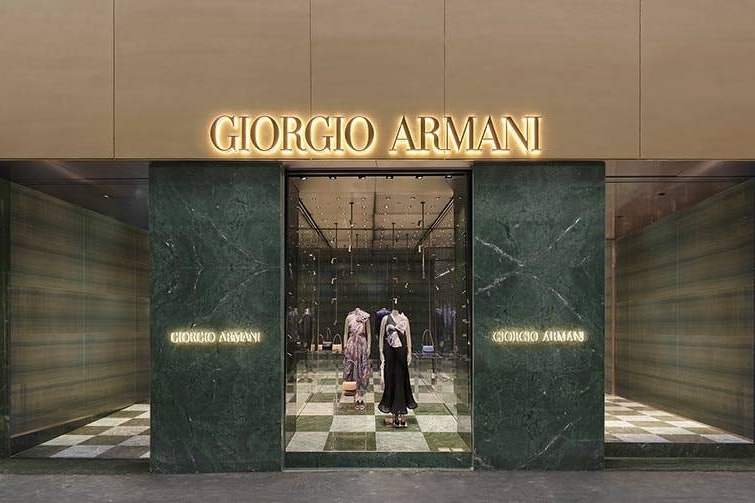

Giorgio Armani
The Armani Group has committed to reducing its overall greenhouse gas (GHG) emissions in order to comply with the Paris Climate Agreement. The Milan-based fashion house stated that its goals were to reduce absolute scope 1 and 2 GHG emissions by 50% by 2030 from the base year of 2019, and to reduce absolute scope 3 GHG emissions from purchased goods and services, downstream transportation and distribution by 50% by 2030 from the base year of 2019.
The Paris Agreement aims to reduce the harmful effects of climate change and keep global warming to 1.5 degrees Celsius or less.
The Climate Disclosure Project (CDP), the United Nations Global Compact (UNGC), the World Resources Institute (WRI), and the World Wide Fund for Nature (WWF) have collaborated on the Science-Based Targets initiative (SBTi), which encourages and recognizes companies that have made a public commitment to reduce greenhouse gas emissions, ensuring the transition to a low-carbon economy.
Giorgio Armani said that fighting climate change is a huge project that takes a lot of effort and must encompass the entire manufacturing process. In reality, the notion of sustainability must be implemented across the board, by producing less and better, using low-impact raw materials, continually applying creative processes, minimizing waste and rejections, and employing renewable energy sources, and so decreasing harmful emissions to our world. As a result, I am very pleased with this significant milestone, which demonstrates the Group’s commitment to continuing on its current course.
Circulose has entered a strategic partnership with Tangshan Sanyou Chemical Fiber, marking a major step toward the commercialization and scaling…
LebaTex has launched a new faux leather collection featuring over 100 unique colors and textures, including polyurethane, vinyl, and silicone…
Gabriela Hearst has introduced eco-friendly sneaker line, named "Ohio," made from 30% recycled materials, reflecting the brand’s commitment to sustainability.
Oysho, the sportswear and leisurewear brand, has collaborated with Fulgar to introduce a new eco-friendly activewear collection made with Q-Cycle…
Autoneum has developed E-Fiber flame shields for electric vehicles, which stand out for their high-temperature resistance, lightweight structure and durability.
McLaren has introduced a world-first innovation in supercar engineering, Automated Rapid Tape (ART) carbon fibre redefining performance while reducing waste.